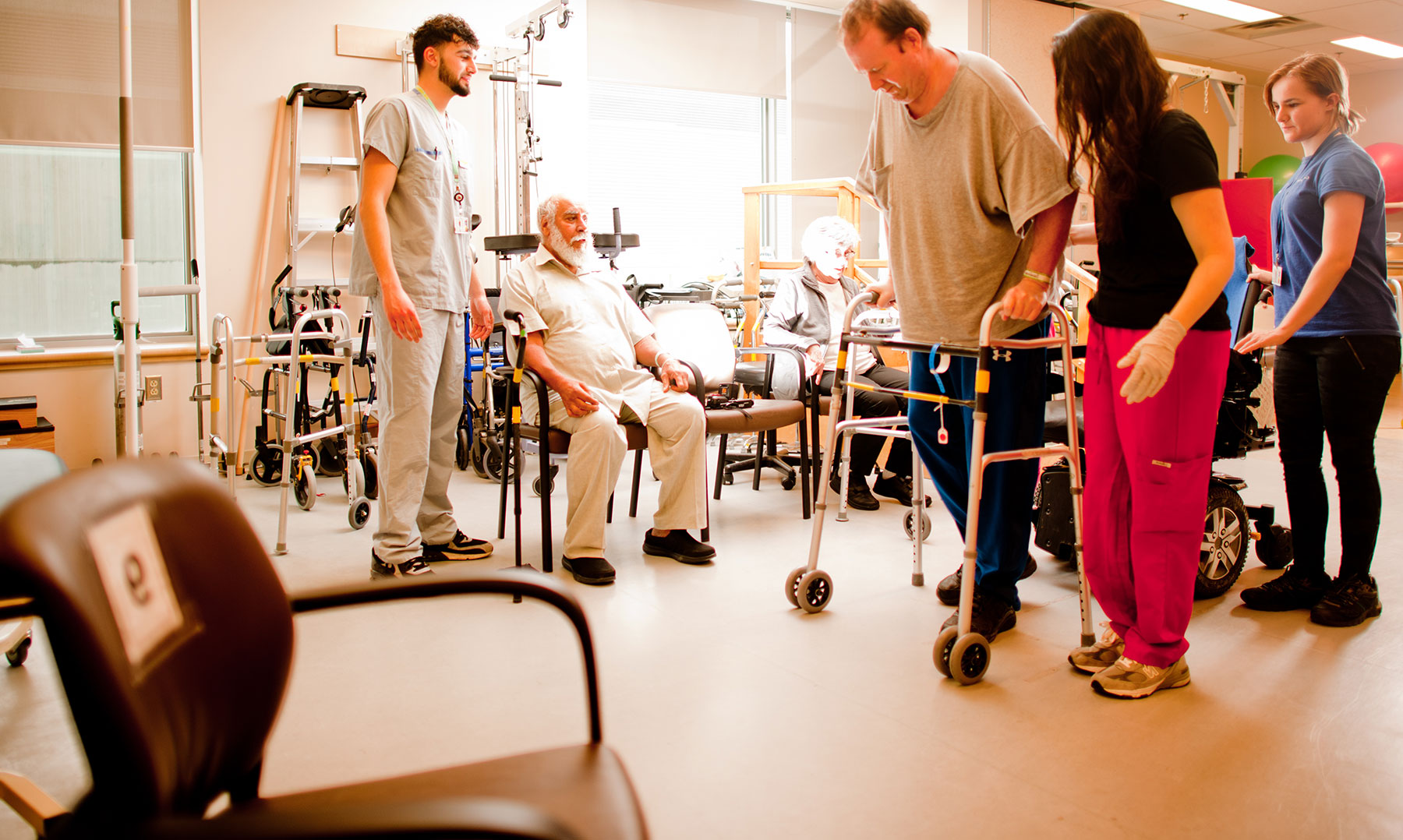Pain after surgery is expected, but together you and your team can lessen the pain. This information will help you understand your options to help control your pain and speed up your recovery.
Frequently asked questions about pain management
Why is it so important to control pain? |
|
Keeping you comfortable and reducing suffering is important, but pain prevention and control can also:
|
What kinds of pain might I feel? |
|
After surgery, you may feel pain:
You may also have a sore or scratchy throat due to a breathing tube during your surgery. This should get better after a few days. |
What are my pain control options while in hospital? |
|
There are different options for pain control. Depending on your surgery, you may receive:
Some medications are narcotics (opioids), and some are not. You may receive a combination of non-narcotic and narcotic pain medications. |
What can I do to help relieve pain? |
|
While you are in the hospital, let us know immediately if your pain is not under control and you need pain medication. It helps to:
Here are some tips to help keep your pain at a manageable level:
If you have had chest or abdominal surgery, you can splint your incision for comfort while deep breathing and coughing. To do this, place your hands flat on top of each other and apply slight pressure to your surgical site. You can also firmly hold a pillow across your surgical site to help you breathe deeply and cough. |
What if I have pain after I am discharged? |
|
When you are discharged from hospital, we will give you a prescription for pain medicine to take at home. Your pain should gradually lessen. With time, usually less than two weeks, your use of pain medicine should lessen too. If you are prescribed an opioid upon hospital discharge, after one week you will likely not require the opioid and be able to manage with non-opioid pain medicine and non-drug treatments. Possible side effects of narcotics (opioids) include:
In particular, constipation is a common side effect of narcotics. An over-the-counter laxative such as Lax-A-Day or Senokot can help. Stay hydrated and have a sensible diet. Eating fruit, especially prunes and prune juice, can help keep your bowels regular. If you experience gas pain and bloating, avoid using narcotics as they can worsen the gas pain. Try to walk and keep moving as this will help you release the gas. If you have been prescribed a narcotic, use the lowest possible dose for the shortest possible time. If your pain is not severe, reduce the amount of narcotics you are taking or use over-the-counter pain medicine, like Tylenol (acetaminophen) or Advil (ibuprofen). |
Pain is expected after surgery and will gradually get better with time. Although we can't eliminate all pain, it is important to keep your pain at a manageable level. It should be controlled enough that you can deep breathe and cough, move about at home, and change positions.
If you are experiencing new severe chest pain, shortness of breath, leg pain, leg swelling, or any significant increase in pain from before, seek immediate medical help.

